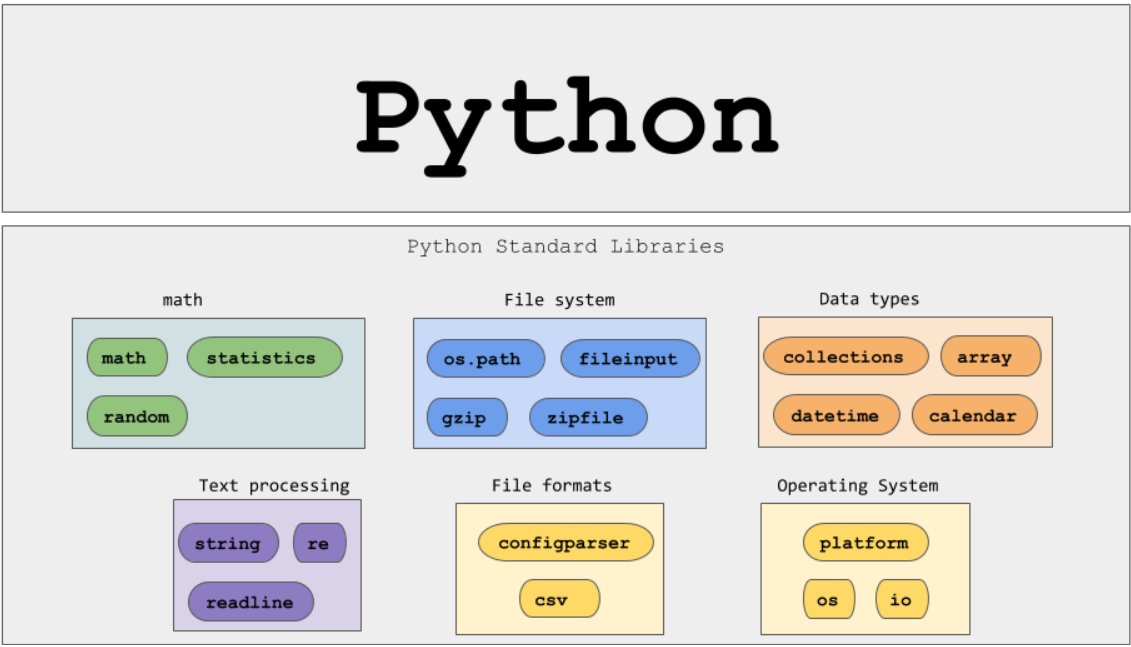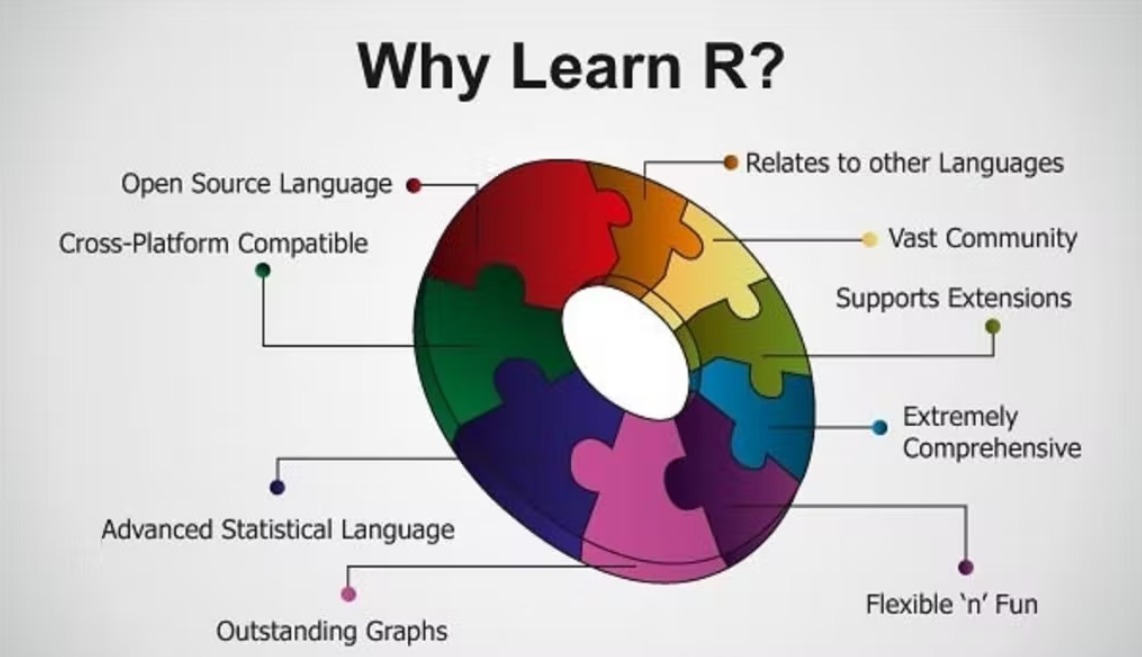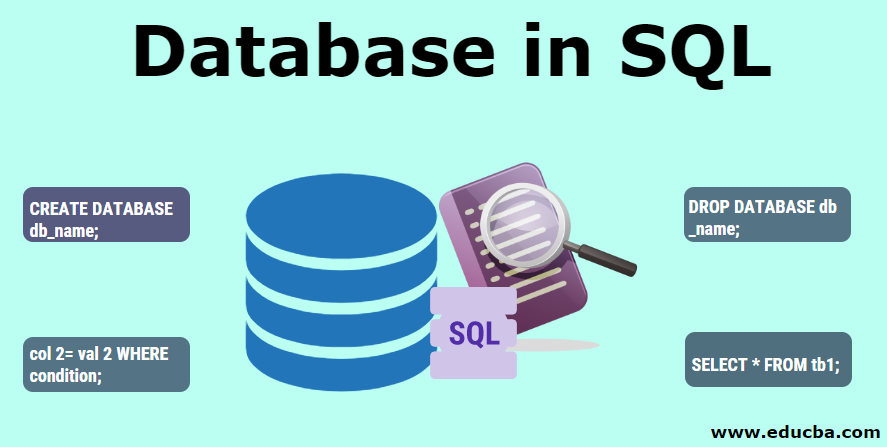16 Must-Have Data Scientist Skills To Start (or Grow) Your Career

In this article
Data science is a fast-growing industry that’s constantly evolving, which makes it both rewarding and demanding for its practitioners. Newcomers and senior data scientists alike must be willing to keep learning and improving in order to stay valuable and progress in their careers.
However, this is easier said than done. Which skills are the most important to develop, and how should you go about developing them? To help you find the answer to this question, we’ve put together this guide covering all the major skills you need to either start or grow your career in data science.
Are There Any Must-Have Data Science Skills?
Yes. To be a data scientist, you’ll need to be able to gather and analyze data, then present your findings. This includes technical skills such as programming, manipulating databases, advanced mathematics, and data visualization, along with soft skills like collaboration and public speaking.
Technical Skills for a Data Science Career
Data scientists are skilled professionals, meaning the average untrained person simply could not do the job. Before you can enter the industry, there’s a variety of technical skills you need to develop first.
Programming Languages
Programming skills are essential for data scientists because it’s how we communicate with computers and give them instructions. While hundreds of programming languages exist, some of them are more suited to data science than others.
Here are some of the most popular and well-used programming languages for data science.
Python Programming

Python is a general-purpose programming language that’s popular across a range of different sectors, including data science, web development, and game development.
Thanks to the large community of Python users, there are thousands of libraries available that can cover just about any data science task you can think of. Here are some popular examples:
- Pandas: a library for manipulating databases
- NumPy: a library for basic and advanced array operations
- Matplotlib: a library for generating data visualizations
There are many beginner’s courses for learning Python, both for general-purpose and for specific data science tasks.
R Programming

R is an open-source language specifically designed for data science. It can be used for statistical computing and machine learning, plus data manipulation and visualization.
Besides Python, it’s the most popular language for doing data science, and also benefits from a large community of contributing users. Some of the most commonly-used R libraries belong to the Tidyverse group.
Some data science courses will choose to focus on Python exclusively, so if you want to study R, it can be helpful to search for R-specific courses.
SQL

Structured Query Language (SQL) is a domain-specific language specially designed for interacting with databases. Rather than competing with Python and R, this language is used alongside them to edit and extract data from different relational databases.
SQL has a simple and straightforward syntax which is much easier to learn, as compared to a lot of other languages. Introductory SQL courses are available from all sorts of providers, such as IBM, Google, and various universities.
Mathematics, Statistical Analysis, and Probability
While mathematical skills are often not necessary for general-purpose coding, data science is another story. Calculus, algebra, probability, and statistics are the four mathematical areas that matter the most in data science.
If you already have high school mathematics under your belt, all you need to do is build on that strong foundation. Data science mathematics courses can be found on sites like Coursera, and these will help guide your study and develop a deep understanding.
Data Mining
Data mining refers to the gathering, sorting, and analyzing of large datasets. Within large sets, there’s plenty of not-so-useful data mixed in with the gold nuggets that are going to provide valuable insights.
Through various mining techniques like linear regression analysis, clustering analysis, and anomaly detection, data scientists can sort and analyze data from different perspectives to get the insights they need.
Data mining is an indeterminate data scientist skill that is often taught within a comprehensive career-focused course.
Machine Learning and AI
While any data scientist should be familiar with the basic concepts of machine learning, deep learning, and AI, these areas actually count as separate specializations. These areas do overlap. Machine learning requires data delivered by data science to train its algorithms, as data science uses a range of deep learning and machine learning models, such as decision trees and predictive models, to mine data.
Familiarity With Hadoop
Hadoop is an open-source framework that allows you to process large datasets more efficiently by using a network of many computers, rather than just one. Data scientists that often work with particularly large data sets will use this tool regularly, so it’s good to be familiar with it.
Data Visualization
Visualizing data is an important part of communicating the insights you’ve uncovered as a data scientist. Essentially, it’s the process of turning data into tables, pie charts, bar charts, scatter plots, heat maps, and other visualizations that help us comprehend information.
Data visualization can be done using various visualization tools, from creating visualizations directly in Python, or using software like Tableau. Data storytelling and presenting insights is as much the job of a data scientist as uncovering the insights, so visualizations and presentation skills are covered in many data science bootcamps.
Business Strategy
In order to unearth insights that will be genuinely useful for stakeholders and decision-makers, data scientists need to have a good understanding of business strategy themselves. These skills are taught as part of any good data science bootcamp, and you’ll also learn a lot through direct experience on the job.
Cloud Computing
The data that data scientists use isn’t stored directly on the computer in front of them. Instead, big data is typically stored through cloud computing, so knowing how to interact with the cloud, and understanding the basic principles of how it works, can be a useful skill for data scientists.
Soft Skills for a Data Science Career

Of course, technical skills are not the only thing a data scientist needs to be successful. Collaborating with colleagues and other departments and presenting key insights to stakeholders is also part of the role, and these tasks require a range of non-technical skills (or soft skills).
Communication
Communicating clearly and respectfully is the key to building good working relationships and getting the information you need as efficiently as possible. Whether you’re an aspiring data scientist or already working, make sure to get involved with group projects to start polishing your communication skills.
Analytical Mindset
Thinking objectively and analytically helps data scientists approach problems thoroughly and from every angle before forming opinions and assumptions. This keeps their work accurate and unbiased and helps them to know when they need to dig deeper to find the whole story.
Developing an analytical mindset and critical thinking skills takes time, and the best way to do it is through hands-on practice with data science projects and work.
“Out-of-the-Box” Thinking
An important part of data science is framing the right questions, as well as finding the right answers. Data is intricate and expansive, and there are many ways it can tell us what we want to know, so thinking outside of the box can often help a data scientist find a new lead and unearth powerful new insights.
You’ll develop this skill naturally with time and experience, and by listening to colleagues’ and seniors’ experiences.
Decision Making
Working independently is a very valued skill for data scientists. Stakeholders and managers want their data science team to go away and come back with the desired insights without having to be micromanaged.
Collaboration
Teamwork is an important part of data science, and learning to listen to others and utilize their input is an essential skill. Collaboration can increase working efficiency, minimize mistakes, and improve the overall quality of work.
If you’re currently learning data science, finding a team or partner to work on projects with is a great way to get a head start on building your interpersonal skills.
Storytelling
Storytelling is a term used for presenting data and insights to non-technical colleagues in order to persuade them to see the value of your conclusions and act on your suggestions. It’s a skill that blends public speaking, business acumen, and data visualization to create a relevant, clear, and persuasive story.
You can practice this skill independently by putting together presentations for your personal projects as if you had a group of managers to report to.
Attention to Detail
The conclusions data scientists come to completely depend on the data they’re drawing upon and how they’re looking at it. Having an eye for detail is a crucial skill that helps them approach a problem from all angles, and explore different possibilities in order to uncover the most accurate information.
Continuous Learning
While you don’t need to go off and earn an advanced degree halfway through your career, the willingness to keep learning is a mark of a valuable data scientist and employee. The fields of data science and machine learning are constantly evolving, and you need to stay up to date and keep learning to stay ahead of the game.
How To Develop (or Improve Upon) Essential Data Science Skills

Knowing what you need to improve on and knowing how to do it are two different things, and developing your skills is never done overnight. However, by starting good habits, building a network, and becoming involved in the community, you can benefit your career in a number of ways.
Take Advantage of Online Resources
Online resources contain in-depth knowledge on all sorts of both specialized and common fields of data science. You can improve your knowledge of programming, your foundation in mathematics, your exploratory data analysis skills, or your understanding of business analytics just by consuming online content.
Blogs
There are so many blogs and resources on data science that it can be a little difficult to get started. But once you’ve found the best data science blogs for you, they’ll become a weekly resource that will keep you up to date on the latest trends with little to no effort.
Online Courses
Online courses have exploded in popularity over the last decade, and you can now find a university professor or a Google Analytics expert to teach you just about any data science skill you can think of.
If you’re new to data science, you can also enroll in online career-based bootcamps that will take you from beginner to job-ready in less than a year.
Get To Know Other Data Science Students
Ginny Zhu
Data Science Intern at Novartis
Mengqin (Cassie) Gong
Data Scientist at Whatsapp
Sunil Ayyappan
Senior Technical Program Manager (AI) at LinkedIn
YouTube Videos
YouTube is a gold mine of educational content that can be useful for visual learners and people who don’t love traditional textbooks. For example, those brushing up on their advanced mathematics can follow 3Blue1Brown for expertly crafted explanations of complex mathematical concepts.
Podcasts
Data science podcasts cover a range of topics, from machine learning trends and industry insights to the more technical approach of a show like the Data Engineering Podcast.
eBooks
Professionals and experts within the industry oftentimes write books about data science. And if an Ebook isn’t your style, consider an audiobook.
Attend a Bootcamp
Data science bootcamps are a great way to learn a lot of skills in a short amount of time. If you’re trying to get into data science, a bootcamp can be one of the most efficient and affordable ways to take yourself from beginner to job-ready. You can find data science courses both online and in-person, with independent-style or cohort-style learning, in part-time or full-time formats, so there’s something for everyone.
Practice Makes Perfect
No matter where you are in your career, practicing your skills is a necessity. If you’re working, you can practice by going above and beyond at your job, and if you’re studying, you can practice by completing data science projects and contributing to open-source projects.
If you find an area you’re weak in, don’t ignore it—practice. Sometimes, it’s literally the only way to get better.
Get Involved With the Data Science Community
Learning from others and with others can be one of the most efficient and worthwhile forms of studying, and getting to know other people in the industry can be beneficial to your career in various ways.
Network
Getting into the habit of giving out your information and adding others you meet on LinkedIn is essential for building up your professional network. It’s how you can make a name for yourself, become part of the discussion, and become a potential candidate for job offers.
Online Forums and Communities
When it comes to the tech industry, online connections are just as valuable as in-person acquaintances. Finding like-minded individuals in data science communities will help you broaden your horizons, learn new things, find new resources, and network.
Conferences
Data science conferences and events are held all over the world and online, so there are lots of options for everyone to choose from. By listening to talks and meeting new people, you can learn more about the industry and find some great opportunities for networking.
Find a Mentor
From seniors at work to experienced members of an online community, anyone can take on the role of mentor. Just by having a more experienced person to ask questions to, you can gain valuable insights into the industry and how to thrive as a data scientist.
FAQs About Data Science Skills
Data science is a popular field right now, so there are lots of newcomers looking to get into the industry. Here are some of the top frequently asked questions on data science as a career.
Does Data Science Require Coding?
Yes. The majority of data science tasks are carried out by computers, and coding is how you write and run these tasks. From accessing data in a database to visualizing your conclusions, data science is fuelled by programming languages like Python, R, and SQL.
What Programming Language Should I Learn First To Become a Data Scientist?
The right programming language for you will depend on the role you want and the specializations you’re interested in, so researching the best programming languages for data science is a good place to start. In general, Python is the language chosen by most people and has endless introductory courses and resources.
Are There Any Skills I Don’t Need To Become a Data Scientist?
While machine learning and AI are connected to data science, you don’t have to be an expert in these fields to become a data scientist. You can deepen your knowledge in these areas if they interest you, but otherwise, the basic knowledge you gain from a data science course will be enough.
Can I Become a Data Scientist Without a Degree?
Many data scientist roles will list relevant degrees on their job requirements, but it is possible to become a data scientist without a degree. Instead, you can enroll in a bootcamp, earn recognized certifications, and develop an extensive data science portfolio to impress employers.
Can I Become a Data Scientist Without Any Experience?
To earn your first entry-level data science role, you will need to show various kinds of experience. This includes educational experience through qualifications and certifications, project-based experience through portfolios, and community experience through joint projects and open-source projects. If possible, prior work experience through a part-time job, internship, or volunteer work is also beneficial.
What Data Science Skills Should I Include on My Resume?
The most essential skills to include on your data science resume are the programming languages you’re proficient in, libraries, software, tools you’re familiar with, databases you’ve worked with, and projects you’ve completed.
You should also include a section on soft skills that shows you know what is needed to be a successful and valuable member of a team. It’s also good to demonstrate the outcomes of your previous work to show what you could contribute to a new role.
Since you’re here…
Curious about a career in data science? Experiment with our free data science learning path, or join our Data Science Bootcamp, where you’ll only pay tuition after getting a job in the field. We’re confident because our courses work – check out our student success stories to get inspired.






